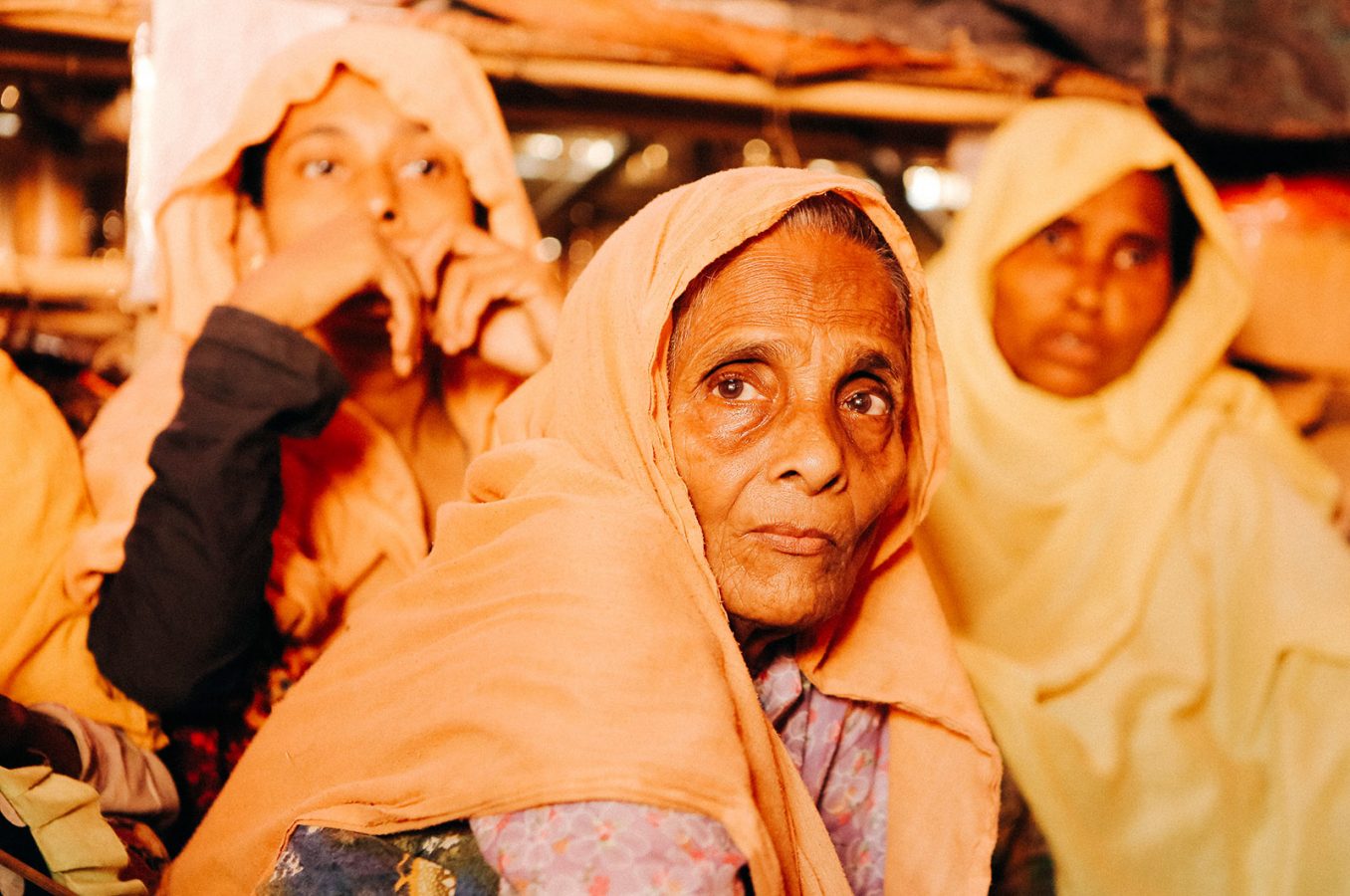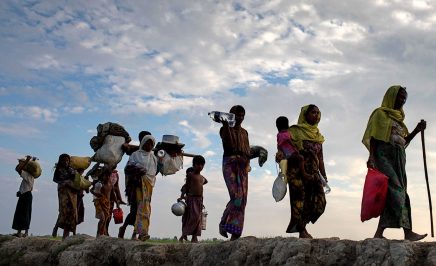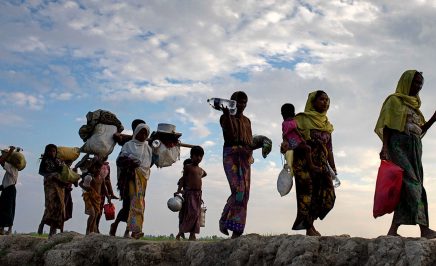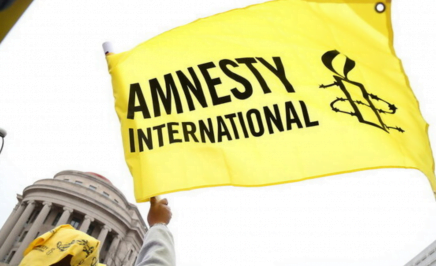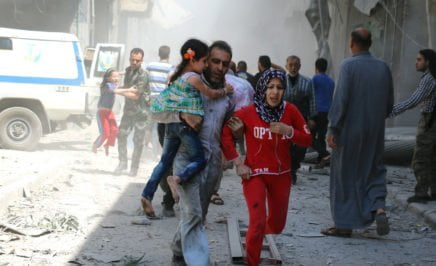Bangladesh, one of the world’s poorest countries, is primarily dealing with the catastrophe that has befallen the Rohingya people. It is in the interests of advanced economies to lend a hand, writes Dr Stephen Moss.
I recently returned from Cox’s Bazar in Bangladesh where I was part of an Amnesty International delegation. I witnessed first-hand the results of one of the world’s worst abuses of human rights and injustice of our time.
We interviewed and spoke personally with survivors and heard their many horrific and painful stories.
The Rohingya people have experienced a long history of oppression, minority persecution and abuse over many generations.
But the scale and ferocity of the recent events in Myanmar, forcing some 800,000 mainly women and children into camps across the border in Bangladesh, surpasses anything recorded in recent history.
The United Nations described the military offensive in Rakhine State, which provoked the exodus, as a “textbook example of ethnic cleansing.” Militia in Myanmar began a systematic “cleansing” of Rohingya people, burning their villages, slaughtering them, raping the women, brutally killing their children in ways too violent to describe, and forcing them to make the trek on foot and by boat into Bangladesh.
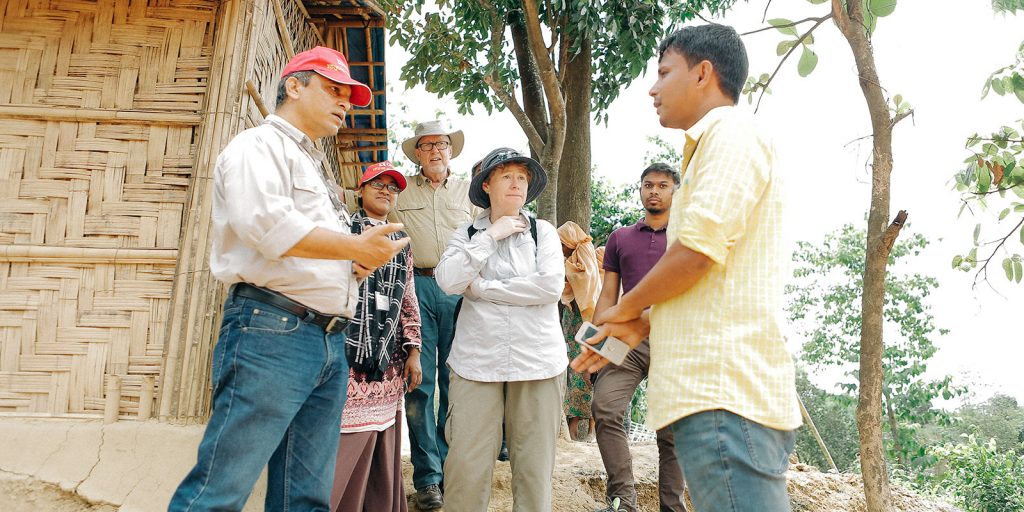
Visiting Cox’s Bazar
During our trip to Cox’s Bazar, we met and talked to women who said they had seen their husbands and children slaughtered in front of them. The surviving women then faced systematic abuse themselves, before ending up in refugee camps in Bangladesh.
Those camps, with their makeshift houses made largely of bamboo and plastic sheeting, are made up of 80 per cent women and children.
We heard stories of the most horrific violations of human rights and a scale of torture, separation and abuse beyond imagination.
One young woman I met spoke of her baby being ripped from her arms and brutally slaughtered in front of her eyes. She told me of how her village was burnt to the ground before she was violently attacked and sexually humiliated.
Despite such a terrible event, she was one of the ‘lucky ones’ to escape with a surviving child, making a seven-day trek into neighbouring Bangladesh, fearing for their lives all the way.
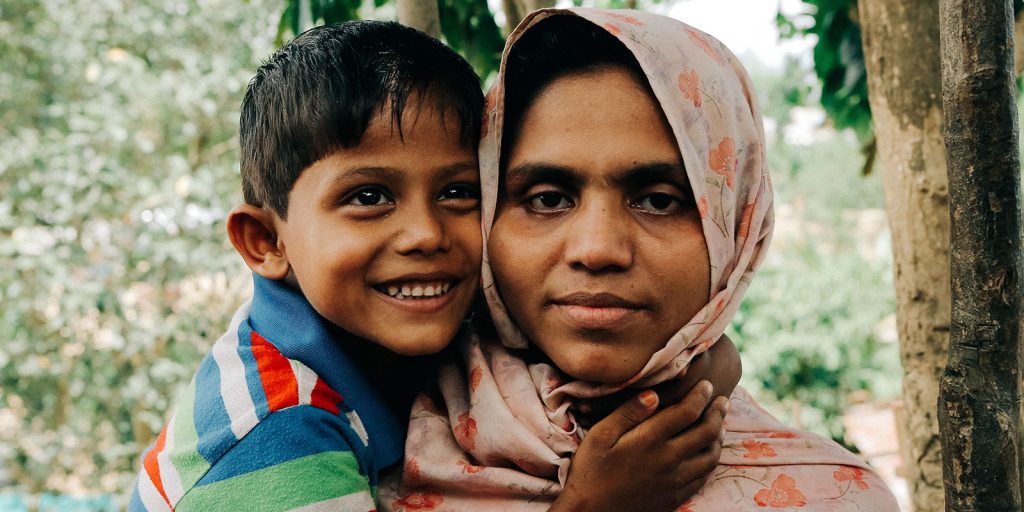
A global solution
The Bangladeshi people have been largely welcoming, and the world emergency aid community has clearly swung into action, with 150 non-profit organisations now on the ground.
Despite this, there are some serious infrastructure issues facing those in Cox’s Bazar. Current shelters are woefully unprepared for the impending monsoon season and the cyclones that will inevitably come later in the year. Bangladesh has not permitted any permanent infrastructure, like monsoon shelters, to be built on the fragile land the Rohingya refugees now live on.
We witnessed thousands of people living on hillsides without any trees to bind the soil which, despite sandbagging, will be destroyed by the winds and rains expected over the coming months. It is publicly (and conservatively) stated by UNHCR that 200,000 people are severely at risk of being affected by landslides. Many of the people we saw and met will almost certainly die if more is not done – proper shelters must be built, new land in Bangladesh must be allocated and these people must be protected.
As with all communities and groupings of people, the Rohingya camps are rife with challenges. These challenges are heightened by the fact that they have between 60,000 and 95,000 people crammed in per square kilometre – even more dense than Dhaka, the most densely populated city in the world today.
Issues from people trafficking through to emerging and competing leadership dynamics across the camps all present their challenges. Basic food, medical supplies and primitive shelter needs are being met but the camps are not a viable long-term solution for the Rohingya people.
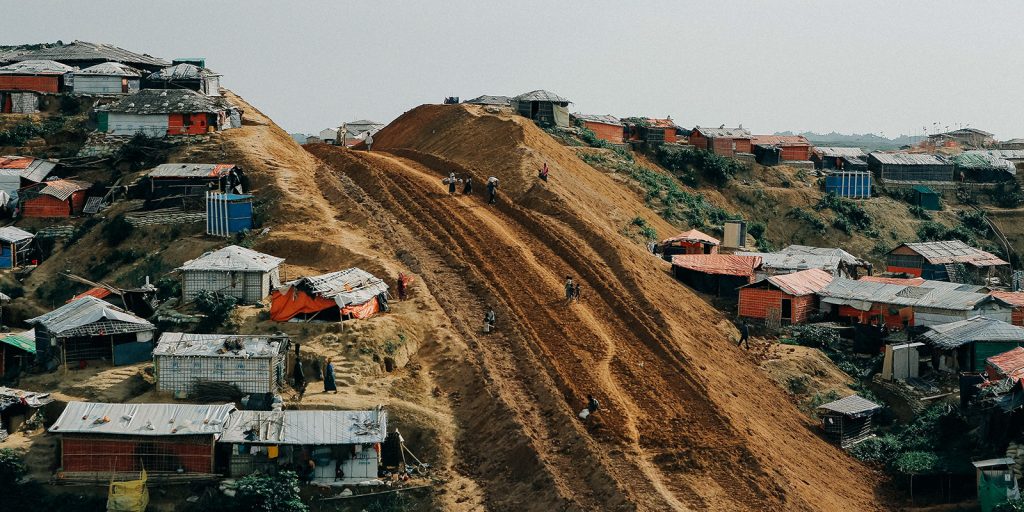
Doing nothing is not an option
We know from history that oppressed people eventually rise up. Young people in particular will be susceptible to radicalisation and further harm via abuse and trafficking.
They are vulnerable and we, the global community, need to stay vigilant of this situation.
The issue of refugees and displaced people is a serious global issue. Currently, many Western societies either look away, demonise ‘the other’ or let poorly equipped developing nations handle the bulk of the problem. It is time for wealthy nations to play a more prominent role in attempting to confront this issue.
There are 72 million displaced people in the world today. Despite the obvious humanitarian need to offer a solution to displaced and persecuted people, there are also serious infrastructure, security and economic consequences for all nations if inequality and oppression is not addressed.
What I witnessed in the Rohingya camps in Cox’s Bazar has deeply moved me. Together, we can shine a light on these human rights abuses and help deliver systematic change in our world.
I challenge anyone who has seen what I have seen in Cox’s Bazar to maintain the position that this is not their problem. We are all part of the solution.
Change is possible
Amnesty International is working hard to re-establish a humane and safe way for refugees to find safety. Change is possible but they need your help. Be there for refugees by making a tax-time donation today – your donation will change someone’s life.
Dr Stephen Moss visited Bangladesh as part of his role as an Amnesty International Australia’s 2020 Council member.
